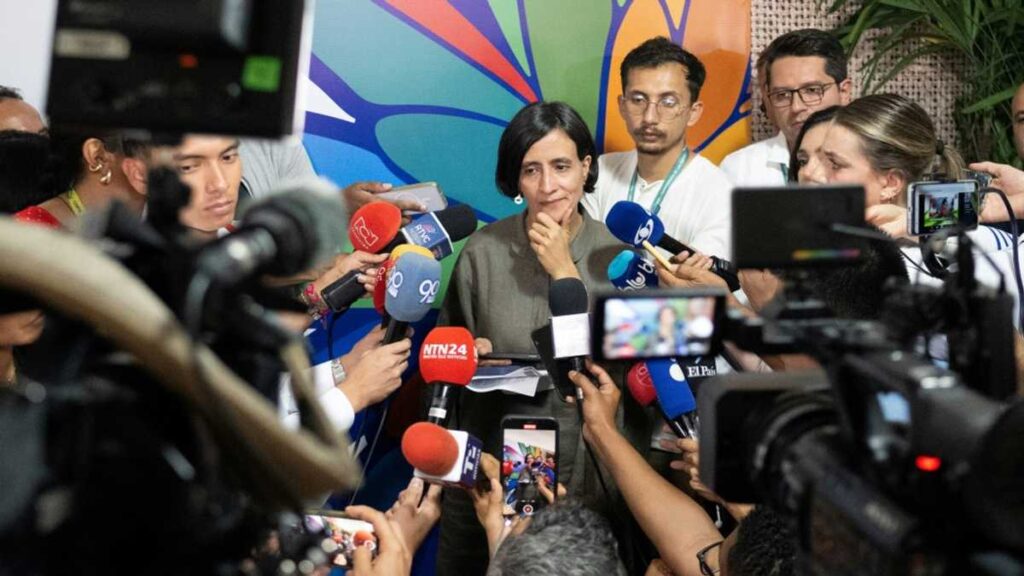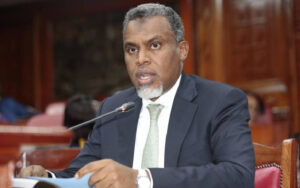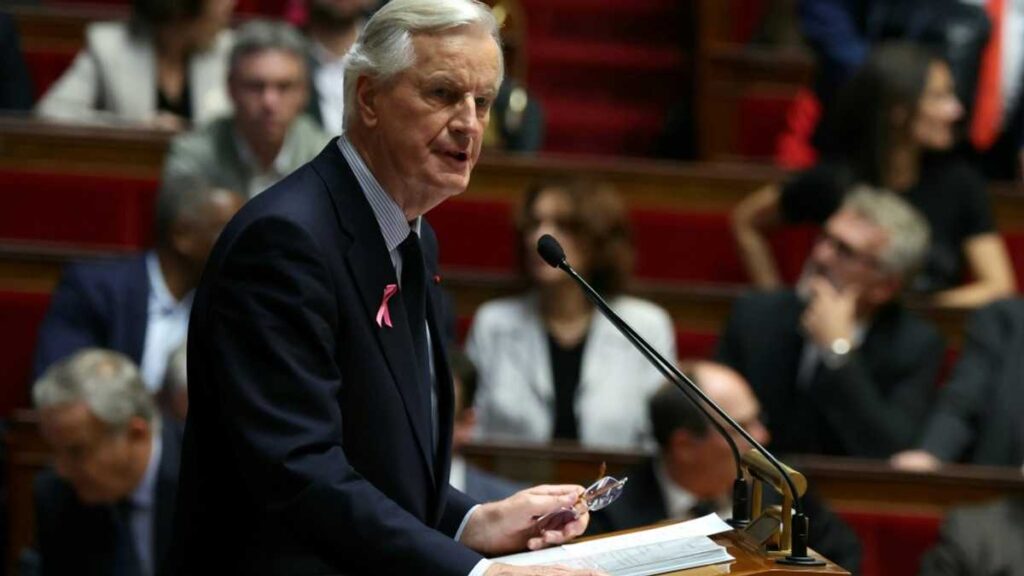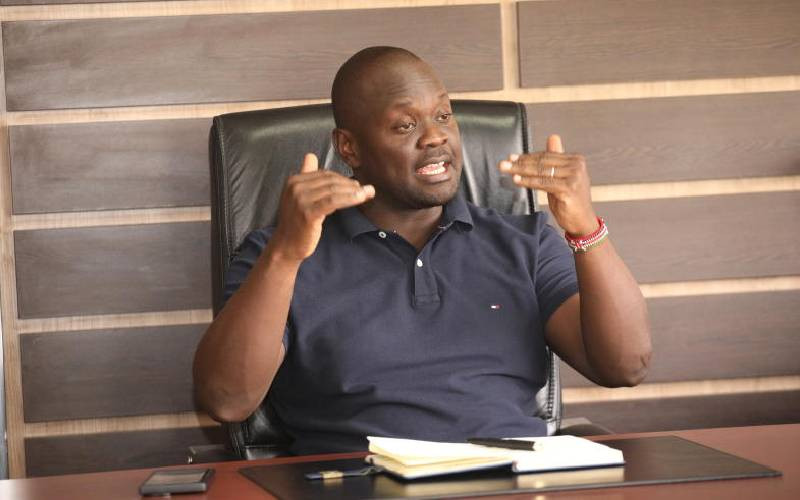Discussions on the Ministry of Education’s preparedness to effectively integrate Arts and Sports as viable pathways in senior secondary schools took center stage during the ongoing 63rd National Drama and Film Festivals in Nakuru City.
Thespians and teachers questioned how the Arts, in particular, would be mainstreamed, given the existing challenges in the creative sector, especially as the first cohort of Competency-Based Curriculum (CBC) learners prepares to transition to senior school next year.
These discussions took place during the inaugural conference, which was held alongside the festivals and featured experts from the creative sector.
During the conference, it was revealed that although Kenya’s creative industry hold significant untapped potential, it receives minimal support from the government.
Michael Pundo, the Chief Executive Officer of the Kenya Cultural Centre, noted, “Because there are no current statistics to show how much the creative industry is contributing to the economy, policy makers give it very little attention.”
The Arts and Sports Science pathway focuses on nurturing creativity and physical abilities, preparing students for careers in the arts and sports sectors.
Students enrolled in this pathway will study subjects such as Music, Dance, Fine Arts, Theatre, and Sports Science.
This pathway aims to prepare students for careers in professional sports, arts management, music production, theatre, fitness training, and related fields.
However, the discussions regarding the overlooked creative industry raised questions about how the Ministry plans to mainstream this pathway, given the current challenges within the sector.
One teacher asked, “How are schools prepared to handle these pathways, considering that the arts face numerous challenges? How do we move beyond theoretical knowledge to enable students to engage in practical art that has economic benefits?”
Stakeholders expressed that the neglect of the sector has resulted in a situation where “everyone is doing something on their own,” a circumstance they believe is not helping the industry as a whole.
Pundo also said that the creative industry still lacks robust policy guidance and implementation to protect artists’ intellectual property and ensure they benefit from their creative works.
Examining the music industry, he pointed out that challenges often stem from copyright issues.
“The creative economy in Nigeria is growing due to collaborations and partnerships—something we should also explore as a country,” he added.
Stay informed. Subscribe to our newsletter
Prof Christopher Odhiambo, the National Chairman of the Kenya National Drama and Film Festival, stated that the inaugural conference, bringing together experts from across the continent, was incorporated into this year’s festivals to promote knowledge exchange.
“These conferences are eye-openers where experts share their ideas and participants can ask questions about how best to tap into the creative economy,” Prof Odhiambo said.
He emphasized that while art is educational and reflects society, artists should also be able to benefit from their work.
“We want to alleviate the anxiety of ‘What next?’ after the festivals. We have invited experts from Nigeria and South Africa to discuss how to monetize creative content effectively. Our goal is to explore avenues for monetizing what we are showcasing to benefit schools and learners,” he stated.
Nigeria and South Africa currently lead Africa’s creative landscape, with Rwanda emerging as a leader in East Africa.
Both South Africa and Nigeria have developed music industry infrastructures that focus on industry regulations, allowing artists to earn revenue from their work.
Meanwhile, the much-anticipated play ‘Echoes of War’ by Butere Girls High School takes the centre stage today.
The play, which has attracted attention due to claims there had been attempts to ban it, focuses on the youth-led protests, famously referred to as Gen Z protests, in June last year.

























